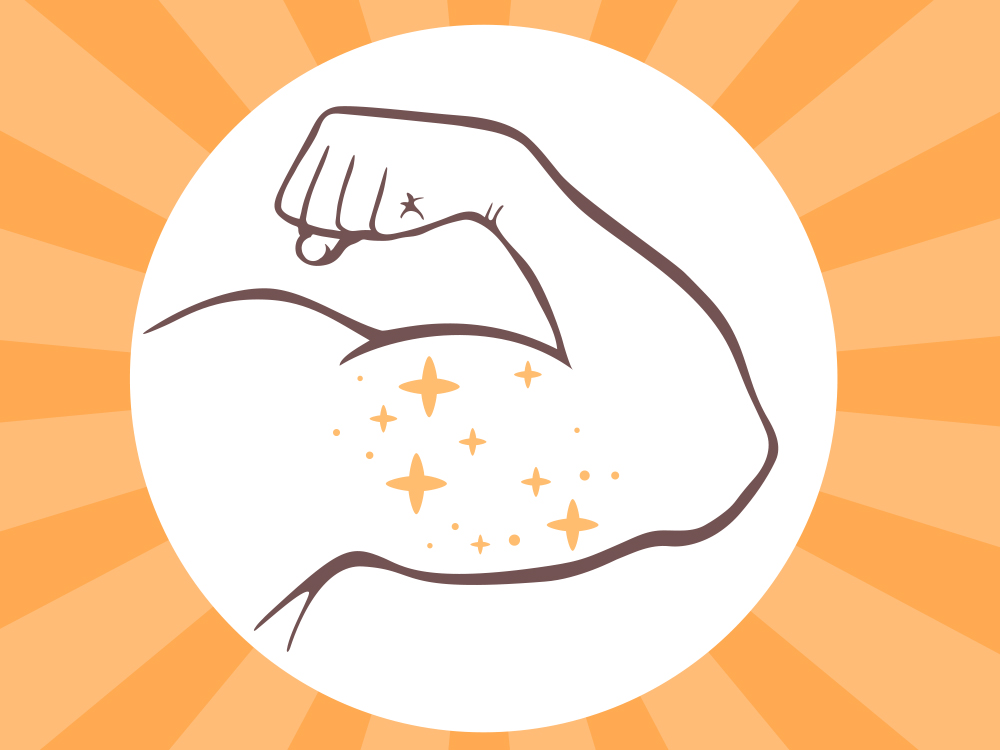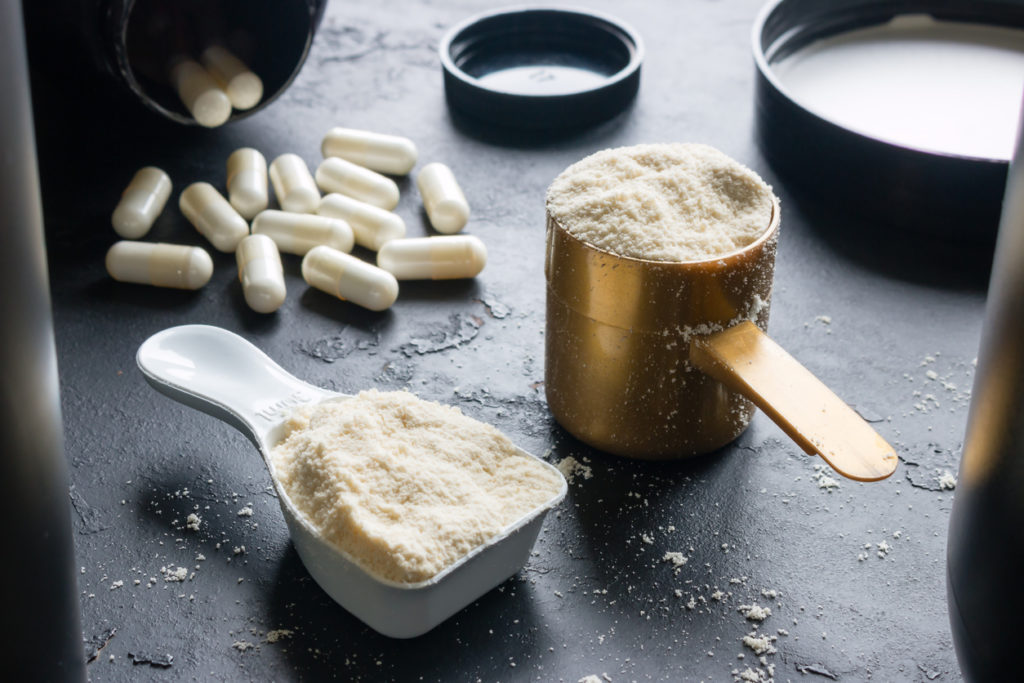Some amino acids are essential to the body, as they perform vital functions. Of the 20 existing amino acids, only 9 are considered "essential", as they must be supplied by the diet, unlike the non-essential or semi-essential amino acids which are produced endogenously. In this article, the 9 essential amino acids will be examined in detail.
Essential amino acids: Functions, food sources, dosage
Functions of essential amino acids
Essential amino acids play indispensable roles in the body, the most important of which are the transport and storage of nutrients. They also regulate blood pressure, increase the body's regenerative capacity, and even prevent certain diseases, as well as carrying out various organic chemical reactions.
Food sources of amino acids
Animal proteins are the richest foods in amino acids,and in most cases they contain all the essential amino acids. Vegetable proteins also contain them, but incompletely. So eat red meat, fish, eggs, chicken, dairy products, soya, rice or weights.
Amino acids: how much to eat?
The exact amount of amino acids needed by the body depends on many factors such as age, weight, health, gender and level of physical activity. However, for proteins containing all the essential amino acids (mainly animal proteins), a minimum intake of 0. 8 grams per kilo per day is required. To get the amount of amino acids needed by the body, it is sufficient to eat a balanced diet, and to ensure that the protein intake is sufficient.
Amino acid deficiency: what are the risks?
Amino acid deficiency can lead to a number of health problems such as digestive problems, slowed growth in children and adolescents, depression, reduced immune defences, fertility problems, etc. If you are a vegetarian or vegan, be sure to take all necessary measures to make up for the low amount of amino acid.
Focus on the 9 essential amino acids
The essential amino acids are leucine, phenylalanine, lysine, tryptophan, threonine, isoleucine, methionine, valine, and histidine. Each of them has a different effect on our body.
Leucine
Leucine facilitates the growth and strengthening of muscles, and plays an important role in the regeneration of bone and muscle tissue, which allows for easy recovery after intense effort, or rapid healing of injuries. It also secretes growth hormone and regulates blood sugar levels.
Foods rich in leucine include chicken, tuna, salmon and wheat germ. Leucine deficiency is manifested by skin rashes, hair loss, fatigue.
La phénylalanine
Phenylalanine can be converted into tyrosine, which is essential for various brain functions. This amino acid is also a precursor of adrenaline and dopamine, molecules that help maintain certain vital functions related to the heart and brain.
Phenylalanine comes from spirulina, tofu, parmesan, skimmed milk powder, steak. Phenylalanine deficiency is rare, but can cause slow growth in babies, eczema, fatigue, and memory problems.
Lysine
Lysine is involved in various essential functions such as muscle and bone growth, wound healing, production of antibodies, collagen and enzymes, and hormone control. It can also eliminate certain viruses such as herpes.
Lysine is found in meat, fish, eggs, legumes, soybeans. According to a study conducted on rats, lysine deficiency can cause anxiety and stress.
Le tryptophane
Tryptophan is involved in the formation of serotonin and melatonin, which are responsible for sleep, mood, appetite and pain. Supplementation thus helps to avoid sleep and anxiety problems and also increases brain power.
Foods that contain a large amount of tryptophan are brown rice, meat, poultry, dairy products and eggs. When the body lacks tryptophan, it causes dementia, skin rashes, digestive problems, depression.
La thréonine
Threonine plays an important role in the synthesis of cholesterol, but not only! It also contributes to the proper functioning of the digestive system and helps to regulate fat metabolism. It also makes the skin more elastic and the teeth more resistant by promoting the production of collagen and elastin.
Rich in threonine are: soya beans, veal, turkey, dried salt cod, venison, etc. Insufficient threonine in the body can lead to digestive disorders, irritability, and low resistance to disease.
L’isoleucine
Isoleucine, which is mainly present in muscle tissue, is particularly recommended for sportsmen and women, as it has the ability to boost energy and repair muscle tissue. It also improves the immune system, participates in the production of hormones and regulates blood sugar levels.
The foods richest in isoleucine are mutton, pork, salmon and egg yolk. Isoleucine deficiency occurs mainly in the elderly and is manifested by tremors and muscle relaxation.
Valine
Valine enables athletes to recover after intense physical effort, as it is absorbed and redistributed in the body very quickly. Valine also plays a role in the maintenance of the nervous system and thus ensures mental acuity and emotional calm.
Valine is mainly found in parmesan cheese, skimmed milk powder, gruyere cheese, goat cheese and pistachios. Symptoms of valine deficiency are insomnia and reduced mental faculties.
Valine, Leucine and Isoleucine are constituents of BCAA, an interesting food supplement to take in bodybuilding.
La méthionine
Methionine is essential for strengthening the skin, particularly the hair and nails. It also participates in the reconstruction of liver and kidney cells, acts as an antioxidant and eliminates heavy metals such as mercury and lead.
Methionine is mainly found in nuts, beef, parmesan, gruyere cheese, chicken, etc. A methionine deficiency is manifested by liver disorders and liver poisoning.
L’histidine
Histidine is essential only for children. It accelerates growth, participates in the formation of red blood cells and tissue repair. Histidine also secretes histamine, a substance that is essential for good digestive, arterial and reproductive health. Histidine also maintains the myelin sheath, a layer that protects nerve cells.
Histidine is found in parmesan cheese, chicken, tofu, veal and bacon. Histidine deficiency can lead to anaemia or deafness.


